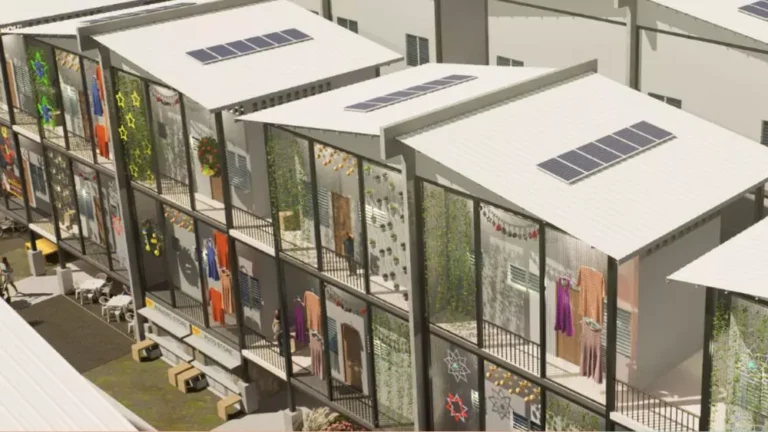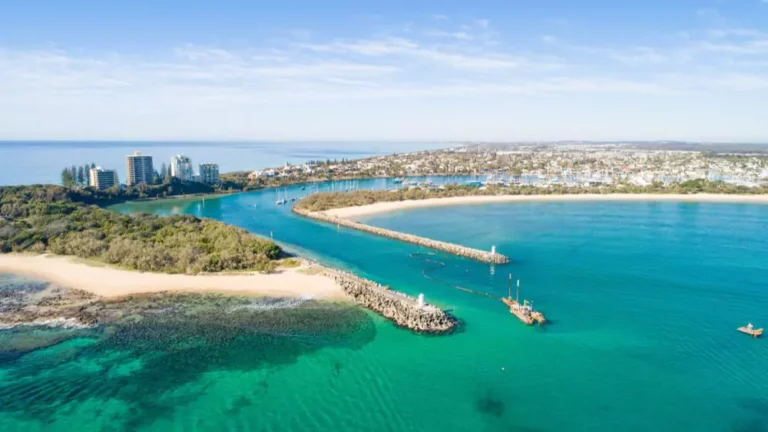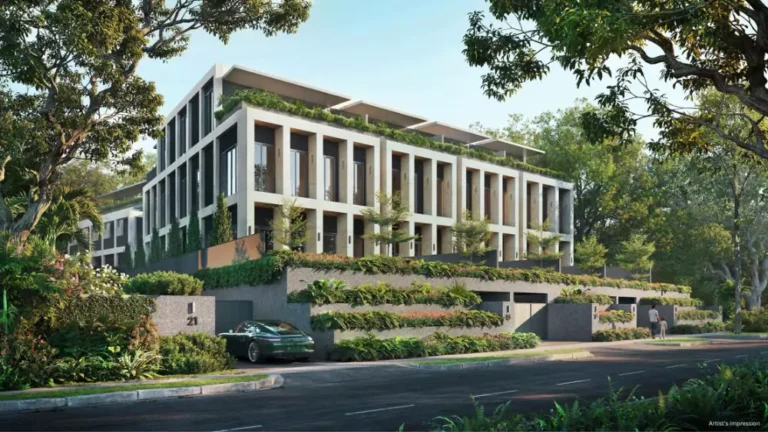The evolving trends in Thailand’s upscale residences, and other news stories

For PropertyGuru’s news roundup, high-end residences in Thailand are evolving to meet rising expectations from homeowners and investors of these premium properties. In other stories, the UN body on climate change is experiencing a severe budget shortfall, threatening the future of international climate dialogue. Lastly, India’s population is encouraged to adopt universal water conservation methods to avert severe water shortages.
The evolving features of high-end residences in Thailand
Thailand’s luxury residential market is thriving, and homeowners and investors are demanding more than ever from these premium properties. Prime locations and high-end materials are no longer sufficient to satisfy them. Today, luxury is creating an exceptional living experience that combines comfort, convenience, and innovation.
DDproperty by PropertyGuru examines how high-end residences in Thailand are evolving to meet these rising expectations, including:
- Affluent buyers now expect residences to integrate with their lifestyles seamlessly, and developers are responding by offering a range of cutting-edge facilities, including state-of-the-art fitness centres, private cinemas, rooftop pools, and 24-hour concierge services.
- An emerging trend in Thailand’s luxury property market is the collaboration between residential developers and renowned hotel brands. These partnerships allow residential buildings to offer the same level of service and prestige as five-star hotels. By associating their properties with internationally recognised hotel brands, developers can attract buyers who are familiar with the sky-high standards of these establishments.
- High-end residences in Thailand are increasingly focused on creating a harmonious balance between spaciousness and privacy. Modern designs often feature expansive, open-plan layouts that maximise natural light and provide a sense of openness.
- Privacy remains a top priority for many buyers, especially in densely populated urban areas. To address this, developers are incorporating innovative architectural features such as wrap-around windows, private terraces, and strategically placed walls that create secluded spaces within the home. Additionally, external spaces such as private gardens, rooftop decks, and personal swimming pools are becoming standard amenities in luxury developments.
Future of UN climate dialogue threatened by budget shortfall
The leading U.N. body on climate change is experiencing a severe budget shortfall, according to a Reuters analysis of documents from the world body – a funding gap that diplomats said could impair international climate dialogue.
The analysis found a budget hole of at least 57 million euros (USD61.53 million) for 2024 – or nearly half of the funding needed for the U.N. Framework Convention on Climate Change (UNFCCC) secretariat to run annual climate negotiations among nearly 200 countries and to help implement any agreements that are made.
Budgets set out for the UNFCCC span two years. Its total 2024-2025 budget – the body’s three main budget lines combined – is 240 million euros, with about half of that expected to be allocated for this year.
While a handful of countries such as Japan and Germany have exceeded their payment obligations, others – notably the United States and China, the world’s two biggest economies and the top emitters of greenhouse gases – have not yet met theirs. Contributions are due on 1st January each year.
The budget shortfall has forced it to curtail activities – from reducing conference operating hours at its headquarters in Bonn, Germany, to cancelling regional “climate week” events this year. Those regional summits in countries such as Kenya and Malaysia last year raised billions of dollars in investment pledges from governments, investors and philanthropies for renewable energy, reforestation and other climate-focused projects.
Water conservation projects and tips to conserve water at home in India
Water scarcity is one of the serious concerns for countries across the world. In 2019, Chennai made international headlines when the civic bodies declared ‘Day Zero’, as the city ran out of water and all the reservoirs dried up. A report by NITI Aayog, a government think-tank, said that if methods for water conservation in India were not adopted, another 20 cities including Bengaluru, Delhi and Hyderabad, would run out of groundwater in the next few years. The only solution to avoid this grim situation is to adopt universal methods of water conservation, which could be replicated across households. Housing.com provides a detailed guide for you to understand water conservation and what can you do at an individual level.
The Property Report editors wrote this article. For more information, email: [email protected].
Recommended
Meet the expert helping overseas investors crack Australia’s property market
Ivan Lam of property advisors Charter Keck Cramer helps clients navigate Australia’s complex real estate dynamics
ARES White Paper Volume 3: The era of adaptive reinvention
Pioneering sustainable and innovative practices in urban development
ARES White Paper Volume 2: Unravelling the power of data revolution in real estate
Insights on proptech, smart cities, and sustainable development
ARES Digital White Paper Volume 1: The fundamentals of responsible building
Green and climate heroes join forces to discuss how Asia Pacific can weather the current environmental crises and the looming effects of climate change






